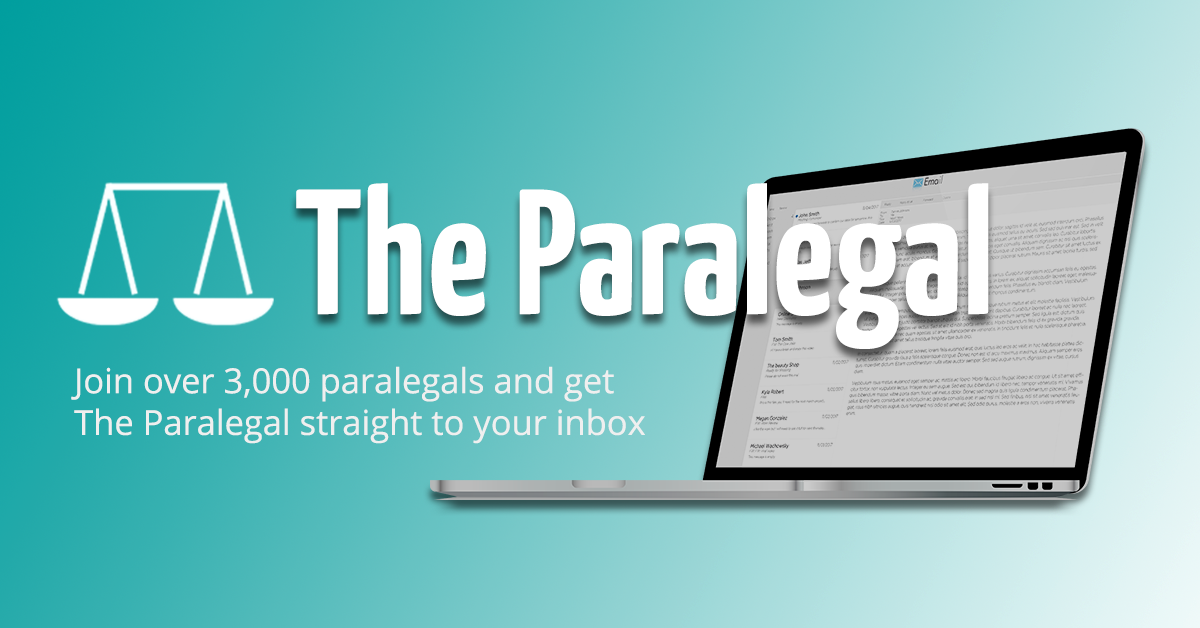Regulation
The regulation and professional conduct of paralegals
Regulation for Paralegals
The Legal Services Board (LSB) is the oversight regulator for legal service approved regulators under the Legal Services Act 2007. The LSB currently has nine approved regulators to include the SRA for Solicitors, The Bar Standards Board for Barristers, CILEx regulation for legal executives and six others.
Paralegals who work in the unregulated legal services sector, that is those working outside of regulated entities such as Solicitors’ firms, are currently not regulated by the Legal Services Board.
As members of the Institute of Paralegals (IoP), our Paralegals are subject to a Code of Conduct and other rules passed from time to time, by the Institute, and may be subject to disciplinary procedures and/or expulsion from the Institute in certain circumstances.
However, the IoP is delighted to be one of the founding members of the Professional Paralegal Register (PPR) which is the voluntary regulatory scheme for Paralegals in England and Wales. The PPR regulates Paralegals who are members of the PPR and hold a Paralegal Practising Certificate. The IoP strongly recommends that all of its members join the Register to take advantage of the many marketing opportunities available, and for those that are offering legal services direct to consumers or clients should apply for a Paralegal Practising Certificate to obtain the benefits of being fully regulated.
The Institute of Paralegals is a Recognised body of the PPR, as having the highest of professional standards for Paralegals. Our Paralegals can be fully regulated by the PPR, which is the only option for Professional Paralegals.
There are some groups of paralegals subject to statutory regulation under the Legal Services Board:
Paralegals Working for Solicitors
These paralegals are regulated by the Solicitors Regulation Authority (SRA) by virtue of being employees of solicitors. These paralegals are also potentially subject to punishment by the Solicitors Disciplinary Tribunal and potentially sanction by the court (because their solicitor employers are Officers of the Court). In reality the SRA rarely pays attention to paralegals working for solicitors (either in firms or in-house) unless they are guilty of some serious misconduct. This is because they are meant to be supervised by a solicitor at all times and thus, usually, the SRA looks to the solicitor when problems occur.
Paralegals Providing Immigration Advice/Assistance
With one exception, all paralegals providing such advice/assistance must be registered with the Office of the Immigration Services Commissioner. The OISC has quite an active regulatory regime. The exception is paralegals who work for a solicitors' firm or other entity which is exempted from the need to register.
Paralegals Providing Services Regulated by the Compensation Act 2006
The Claims Management Regulator was a unit of the Ministry of Justice that regulated companies providing claims management services to England and Wales. Its regulatory responsibilities passed to the Financial Conduct Authority (FCA) on 1st April 2019.
The FCA now host the list of businesses authorised to provide regulated claims management.
For a list of authorised claims management companies (CMCs) please check a claims company’s registration.
Financial Services Related Work
Giving most types of financial advice (including mortgage and insurance related advice) is governed by the regulatory/registration scheme established under the Financial Services and Markets Act 2000.
In giving legal advice you may sometimes have to carry on such "regulated activities" in the course of other work such as conveyancing, corporate, matrimonial, probate and trust work.
If so, you need either to be regulated or to work for an organisation (e.g. a solicitors' firm) exempted from registration/regulation under Part III (which makes provision for approved professional firms which do not carry on mainstream investment business but which may carry on regulated activities).
Paralegals Acting as Accredited Police Station Representatives
This is a quasi-regulatory situation.
People arrested and held at police stations generally have the right to receive legal advice and assistance whilst in custody.
There are duty solicitor schemes providing this service. They are paid for by the Legal Services Commission under the legal aid scheme. Originally the idea was to have solicitors attend the police stations to give advice. However, the rates of pay are very low and so increasingly (especially outside of office hours) solicitors' firms use accredited paralegal police station representatives instead.
To become an accredited police station representative, paralegals must undergo a training and mentoring programme and receive approval from the Solicitors Regulation Authority.
We describe this as a quasi-regulatory situation because a paralegal does not need to be an accredited police station representative to go and advise clients. However, if the instructing solicitors’ firm wants to be paid under the legal aid scheme for providing that service then they must use an accredited police station representative.
Professional Conduct/Ethics
We publish The Paralegal Code of Conduct which sets out the core conduct obligations that we expect our members to abide by. For our members that are also members of the PPR, the PPR Code of Conduct also applies.
Access to Regulation via Paralegal Practising Certificates
The IoP has met the strict criteria set by the PPR (Professional Paralegal Register) and become one of its’ Recognised Bodies.
As a member of the IoP, you are automatically eligible to become registered and/or a regulated member of the PPR.
being a registered member of the PPR provides visibility and certainty to consumers and other persons who use their services, and want to know whether they are a bona fide Paralegal.
The PPR can hear complaints relating to conduct only in respect of Registered Paralegals and do not fully regulate the services that they offer.
A PPR member who has a Paralegal Practising Certificate is regarded as a Professional Paralegal Practitioner, and is fully regulated by the PPR for all of the services that they are authorised to undertake.
To fee for a registered member of the PPR is £25 per year.
A PPC may be ‘Specified’ at £155 per year or ‘General’ at £205 per year.
All Paralegals on the PPR who offer services to consumers or other clients, such as companies or local authorities, are encouraged to apply for a PPC to enable them to offer a professional service with the peace of mind that their clients are protected should things go wrong.
For more information on how to apply, the requirements, the associated fees and quick access to the application form, please visit: //ppr.org.uk/paralegals/practising-certificates/.
*Fees will increase in June 2020.


